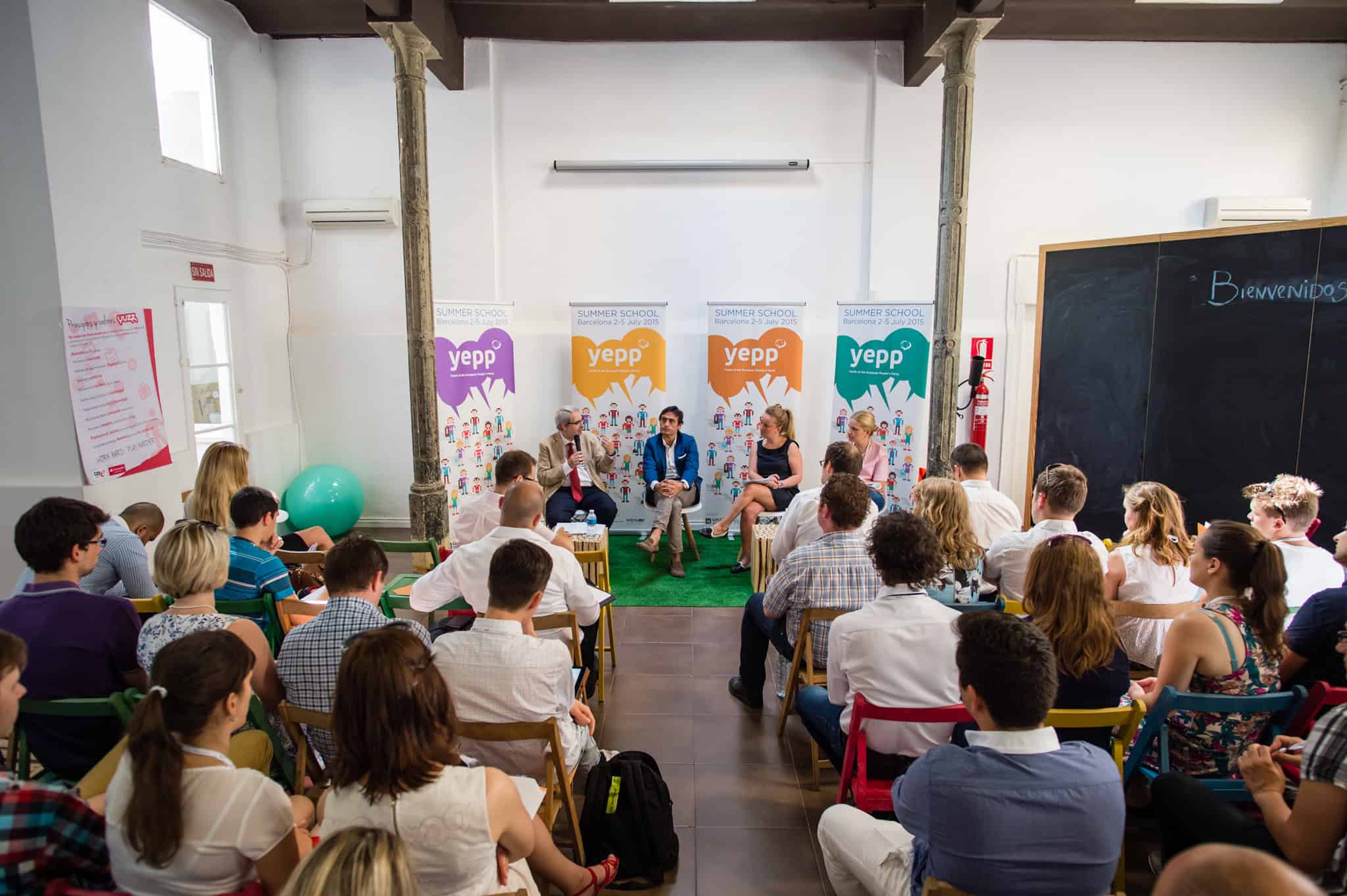Violence against women remains a systemic problem in virtually all countries around the world, and EU Member States are no exception. Without attempting to generally analyze the different factors that may contribute to it, the questions we should really be asking ourselves are how can we eradicate this scourge that continues to afflict women and girls. Why, despite all the information and available campaigns, women and girls must still face this kind of violence and insecurity on a daily basis?
Looking back in time, the first records of figures regarding the levels of violence against women at the European level date back to the decades following the 1990s. This can be explained by the fact that it was not until 1992 that the CEDAW Committee in its General Recommendation No. 19 officially recognized gender-based violence as a violation of human rights and a form of discrimination. To this day, there is still no specific legislative act developed by the EU that addresses violence against women or domestic violence.
According to official data, one in three women has suffered physical or sexual violence (most often by their partner or ex-partner), and one in two claims to have experienced sexual harassment. These figures appear to have worsened, on one hand, during the COVID-19 pandemic, and on the other, due to the increase in other forms of violence against women, such as cyber violence or cyber harassment.
However, combating violence against women remains one of the goals and priorities of the European Commission to ensure at least some coverage regarding certain crimes at the European level. Evidence of this is the Directive that the Commission itself proposed on March 8, 2022, and which was finally adopted by the Council on May 7, 2024. This Directive aims to harmonize sanctions and statutes of limitations for crimes such as female genital mutilation, forced marriage, cyberstalking, cyber harassment, non-consensual dissemination of intimate images, and incitement to violence or hatred through cyber means. Despite the Directive’s efforts to address various forms of violence against women and girls, one must ask whether it is sufficient or, conversely, should be taken as a starting point for the future development of European legislation that expands the coverage of crimes and toughens the measures and penalties to be applied.
At the international and European levels, the reference legal document in the fight against violence against women and domestic violence is the Istanbul Convention, which entered into force in April 2014 and was signed by the EU on June 13, 2017. Subsequently, in 2023, the Council requested the approval of the European Parliament to adopt the Decision regarding the EU’s accession to the Convention, which took place on June 1, 2023, with the EU’s final accession to the said Convention.
On the other hand, the European Commission has also focused attention on the need to promote and meet gender equality objectives. In this sense, in 2020, this institution adopted a strategy for the 2020-2025 period that includes a set of measures to also put an end to violence against women and domestic violence. Regarding this strategy, periodic reports have been produced on the impact of these measures in areas such as ending gender-based violence, combating gender stereotypes, closing gender gaps in the labor market, achieving equal participation in different sectors of the economy, addressing the pay and pension gap between men and women, reducing the gender gap in caregiving responsibilities, and achieving gender balance in decision-making and political activity. We will have to wait for the conclusion of the planned period to conduct a more concrete analysis of the success of the measures implemented in recent years.
Apart from all the institutional measures and international treaties and agreements available, it is necessary for us as young European to keep this issue on the political and social agenda. What makes this type of violence seem—if we look at existing figures for deaths, attacks, abuses, and rapes of women and girls—an almost unsolvable problem? Is it due to the continuous sexualization of women, currently incentivized by the increased use of social media? Is it a cultural or religious issue, as we see in countries like Afghanistan or Iran? Are we facing a matter that should be “handled at home,” through family education, or should it be an imperative in all schools, high schools, universities, public institutions, and private companies?
Any type of violence is combated and prevented through education. Teaching from a young age that there should not be a power relationship among equals is everyone’s responsibility. We, as part of this youth that shapes the world, are responsible for promoting by example and word that it is possible to end any form of violence against women and girls. We must learn to “unlearn” behaviours rooted in our own society, starting from our homes and most intimate circles. Feminist movements have historically played a fundamental role in the fight for the public recognition of the existence of gender-based violence and have opened the door to national and international bodies to continue raising the issue of violence against women as an urgency that must not be ignored. Now, in the 21st century, in the year 2024, it is up to all of us to continue promoting behaviours that ensure the protection of women and girls, which will, in turn, have social benefits and impacts that affect all of us.
It is often said that young people are the future, and while that may be partly true, I prefer to think that we are the present, and the present is where the important changes take place that will shape future generations. It is today and now that we must set our goal to fight tenaciously against this form of violence so that it truly comes to an end, and gender equality is no longer and merely a topic of discussion, but an undeniable and unquestionable reality.
By Edelmira Ferri, YEPP Vice President







